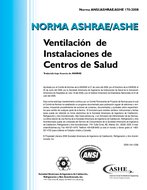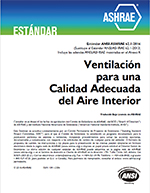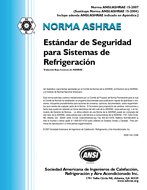Description
The domestic hot water (DHW) system at Texas A&M University serves seventy-one buildings from two utility plants. This system supplies water to approximately 12.5 million square feet (1.2 million square meters) of educational and residence hall space on one connected loop. The system was originally installed over fifty years ago and hot water delivery has deteriorated while the campus expanded in the past decades. The main problems buildings report are low temperatures, low hot water flow, and cold showers. The source of these problems is incompatible pressures at recirculation piping junctions in the existing system. Changes in schedule and season left the previously balanced system unsuitable. Most of the buildings’ recirculation pumps have capacity problems or do not have variable flow drives. Consequently, these pumps cause more problems when running than turned off. To combat low hot water flow and cold showers some residence halls dump DHW at low temperatures to increase circulation and alleviate the problem. A thermal model of the DHW system was built and calibrated using field and trend data to identify the problems in the DHW system. The model simulates usage scenarios, schedule, weather conditions, and different control strategies. This paper will present field findings, data analysis and loopcontrol simulations, and recommendations.
Product Details
- Published:
- 2012
- Number of Pages:
- 8
- File Size:
- 1 file , 3.2 MB
- Product Code(s):
- D-CH-12-C031
- Note:
- This product is unavailable in Russia, Belarus




